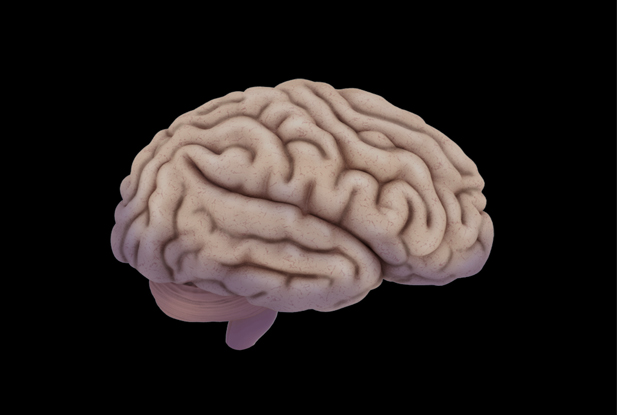Brain Injury and the Glasgow Outcome Scale

Traumatic brain injuries can be suffered as a result of all kinds of unfortunate and unexpected accidents – sporting accidents, slip and falls, assaults, and motor vehicle accidents to name just a few.
In Ontario, those who suffer brain injury as a result of motor vehicle accident are usually able to access benefits through their own auto insurers to help with their recovery. Such benefits can include medical and rehabilitation benefits, attendant care benefits, income replacement benefits and others. For those who have been very seriously injured in car accidents, the benefit limits may be as high as $1,000,000 for med/rehab and $1,000,000 for attendant care if it is confirmed that the injured person is catastrophically impaired.
There are several ways that a person might be declared as suffering catastrophic impairment following a car accident. The legislation confirms one of the catastrophic application criteria as related to brain injury: if a person suffers brain impairment that results in a score of 2 (vegetative) or 3 (severe disability) on the Glasgow Outcome Scale (GOS) according to a test administered more than six months after the accident, by a person trained for that purpose, then they will be declared catastrophically impaired.
The GOS is a test designed to consider the outcomes of people who have suffered traumatic brain injuries. A person who has suffered brain injury will be scored within one of the five following categories:
1. Dead
2. Vegetative State
3. Severely Disabled
4. Moderately Disabled
5. Good Recovery
As noted above, for the purposes of pursuing a catastrophic application a person must either be found to be in a vegetative state or to have a severe disability as a result of brain impairment.
A vegetative state is a state in which a person is alive, but unresponsive. This person would be unable to speak or obey even simple commands, but he may have some spontaneous actions such as breathing, reflex responses, and eye-opening. Experience tells us that catastrophic applications are not frequently pursued on the basis of this score as, with this significance of the injury, there are often other, more immediate, avenues for application available.
It is with greater frequency that catastrophic applications are pursued on the basis of brain impairment that results in a GOS score of 3 (severe disability). In contrast to the vegetative state category, a person with a severe disability is conscious but requires assistance for activities of daily living. The extent of the need for support can range from a total dependency to a much less significant dependency, but the score does require that the assistance be needed on an everyday basis.
Otherwise, the moderate disability category, a score of 4 on the GOS scale, would be applied to someone who does not require assistance in his everyday life. This person might return to school or work but may require accommodation.
Typically, although not in all cases, a GOS application is considered by a neuropsychologist and an occupational therapist. As noted, the catastrophic application can only be made if at least 6-months have elapsed since the accident. Having the assistance of medical and rehabilitation professionals, and an experienced personal injury representative, will help in identifying the application opportunity and in expediting the process.
